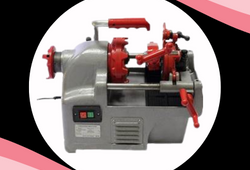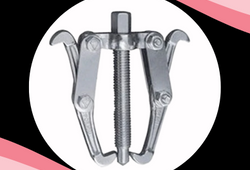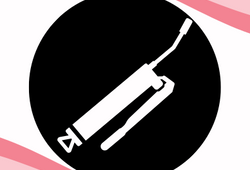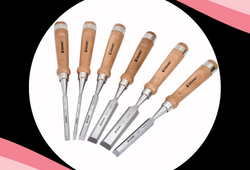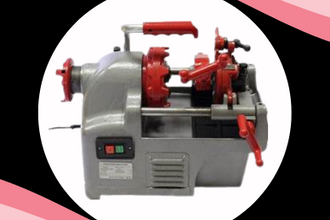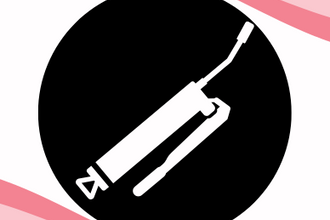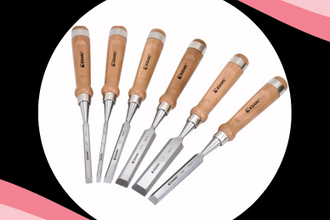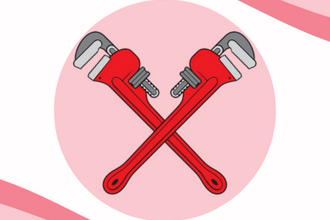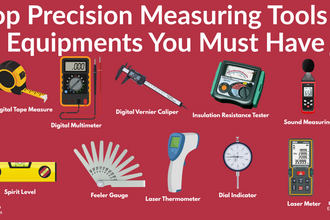
Bearing pullers are handy tools that help remove bearings safely. If you work with machines, motors, or vehicles, you’ll likely need one. But not all pullers are the same. Some are made for small jobs, while others handle heavy parts.
In this guide, we’ll explain the different types of bearing pullers and their uses. You’ll also learn about the parts of a bearing puller and how to choose the right one.
What Is a Bearing Puller?
A bearing puller is a tool that takes out bearings from machines. Bearings help parts spin smoothly. When they get old or stuck, you need to pull them out. A bearing puller helps you do that without hurting other parts.
Why Use a Bearing Puller?
- It removes bearings safely
- It protects the shaft and housing
- It saves time and effort
- It works better than using a hammer or screwdriver
- If you fix machines or engines, this tool is very useful.
Main Parts of a Bearing Puller
Jaws or Arms – These grip the bearing from the outside or inside.
Crossbar or Yoke – Holds the arms in the right place.
Forcing Screw – Pushes on the shaft to pull the bearing out.
Handle or Grip – Helps you turn the screw easily.
Slide Hammer – Some pullers have this for hammer-like pulling power.
Hydraulic Cylinder – Found in heavy-duty pullers, it gives strong pulling force.
All these parts work together to safely remove even the toughest bearings
Types of Bearing Pullers and Their Uses
There are different pullers for different jobs. Here are the most common types:
1. Jaw Puller (External)
Grabs the bearing from the outside
Good for gears, pulleys, and bearings on a shaft
2. Internal Bearing Puller
Pulls from inside the bearing
Best for bearings placed in a hole or housing
3. Slide Hammer Puller
Uses a sliding motion to pull the bearing
Works well for tight or rusted bearings
4. Hydraulic Bearing Puller
Uses pressure to remove large bearings
Great for heavy-duty jobs
5. Blind Hole Bearing Puller
Made for bearings that are deep inside holes
Useful when there's no outer edge to grab
6. Two-Jaw vs. Three-Jaw Pullers
Two-jaw: Fits in small spaces
Three-jaw: Gives better grip and balance
How to Pick the Right Bearing Puller
Choosing the right puller is important. Here’s what to check:
- The size of the bearing
- Where the bearing is located
- How much space you have to work
- How much pulling power you need
Always choose the right type to avoid damage and save time.
Safety Tips for Using a Bearing Puller
Keep things safe with these simple tips:
- Wear gloves and safety glasses
- Turn the screw slowly
- Don’t force the tool
- Follow the instructions
- Keep your work area clean
These steps help you stay safe and protect your tools.
Final Thoughts
Bearing pullers are must-have tools for anyone fixing machines. Knowing the different types of bearing pullers and their uses helps you choose the right one every time.
FAQs
Q1. Can I use one puller for all types of bearings?
No. Different bearings need different pullers based on their size and position.
Q2. Are hydraulic pullers better than manual ones?
Hydraulic pullers are stronger and work faster. But manual ones are fine for small jobs.
Q3. What if the bearing is stuck?
Use a slide hammer or add some oil before pulling. That makes it easier and safer.



